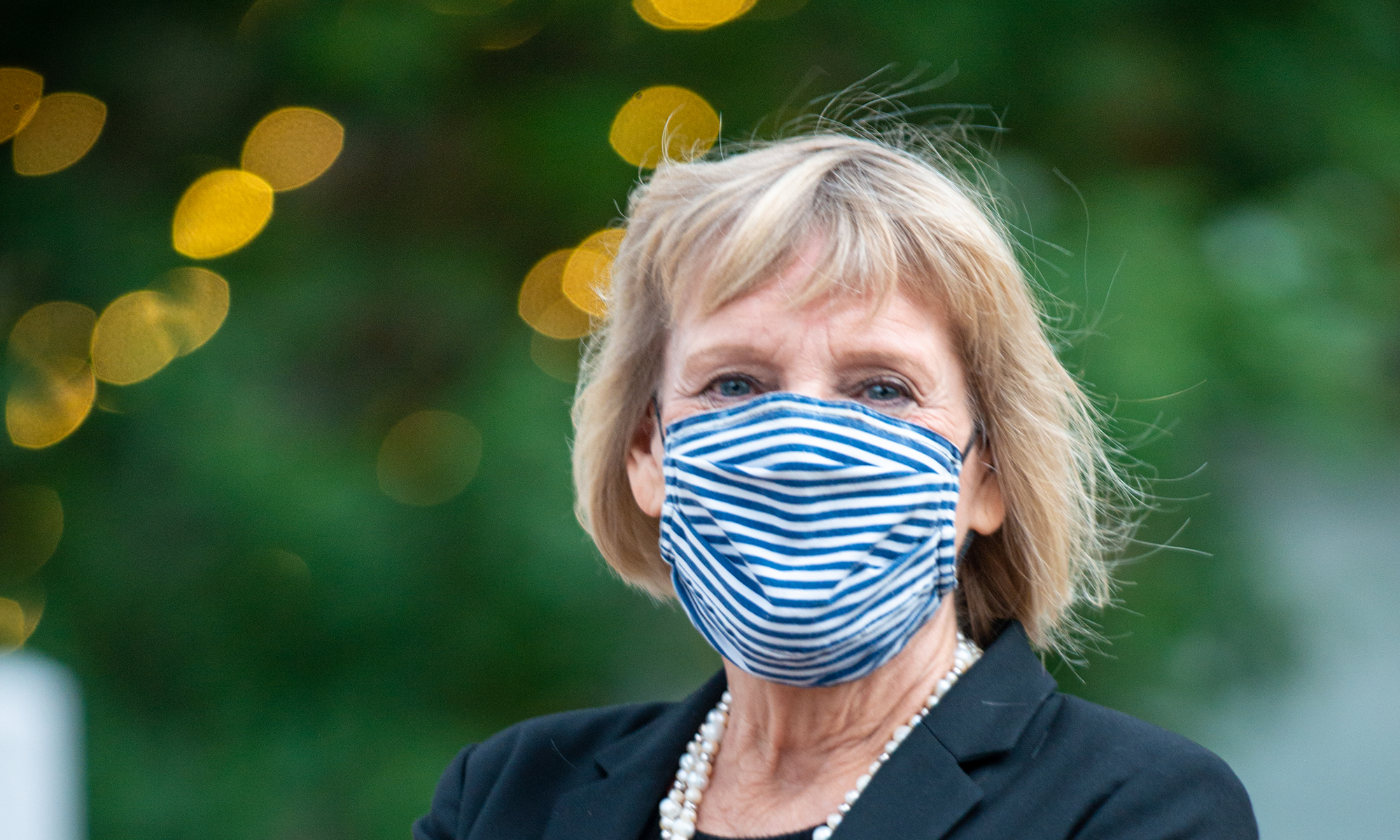Tuesday, February 13; 11am-1:30pm; DeKalb History Center
Black History Month Program and Lunch: Rural Civil Rights: Voices Across Georgia and DeKalb – Inspiring Dialogue on Race and Truth
This year’s powerful Black History Month program will include a soul-stirring, dramatic interpretation that will pay homage to the rich, complex civil rights legacy of rural Georgia, including DeKalb County. It features an equally dynamic panel of community leaders eager to share their personal experiences, and a powerful debut documentary sure to stir the audience to inspiration. Your ticket includes lunch.
Most of DeKalb County was quite rural until the 1960s and 1970s. The county had abundant “vacant” land dotted with small cities. The land had been used agriculturally but after World War II, provided the needed space to locate residential growth while our population boomed. During this time, many parts of DeKalb County were still rural. Places such as southwest DeKalb, Flat Rock, and Lithonia still had unpaved roads, cow pastures, and farmlands! These often overlooked rural treasures can offer us so much valuable knowledge, from the uplifting of strong traditions to the unifying power of reconciling racial injustices.
The dynamic panel includes the following people:
Mrs. Marcia Glenn Hunter, the first African American woman mayor of Lithonia. A few decades before the civil rights movement became nationally recognized, Mrs. Hunter’s mother house was known as the “activist” house. Mrs. Hunter will discuss her long family’s legacy of activism, the challenges of being the first African American mayor of Lithonia, and how Lithonia has changed from a rural town to a popular city.
Mrs. Mary Elizabeth Wilson, the first African American mayor of the city of Decatur. Greene County, Georgia, Wilson’s birthplace, was too small to contain the dreams she had for herself. She will discuss how she became the first African American woman to integrate the Decatur/DeKalb library, overcame the fear of the Klan, and how she became the first African American mayor of the city of Decatur.
Mrs. Deborah Tatum, descendent of Austin Callaway. While doing a genealogy search for a family reunion, Mrs. Tatum discovered a dark, family secret. She will discuss how the 1940 lynching of a family member gained international attention in 2017 and helped the African American and white residents of rural Lagrange heal from past racial violence.
Chief Louis Dekmar, Lagrange police chief and IACP president. Chief Dekmar’s public apology of the 1940 lynching of Austin Callaway reverberated around the world and was considered by many the first public apology of its kind by a white police chief. He will discuss the future of race relationships between law enforcement and the African American community.
Mr. Jamar Boyd, II., NAACP civil rights activist and minister. Mr. Boyd’s commitment to the NAACP includes being the V.P. of Georgia Southern University NAACP and the treasurer of the NAACP Youth and College Division. He will discuss the importance of inter-generational dialogue, challenges of activism in rural areas, and current civil rights issues.
Tickets are $30 for members and $40 for non-members
